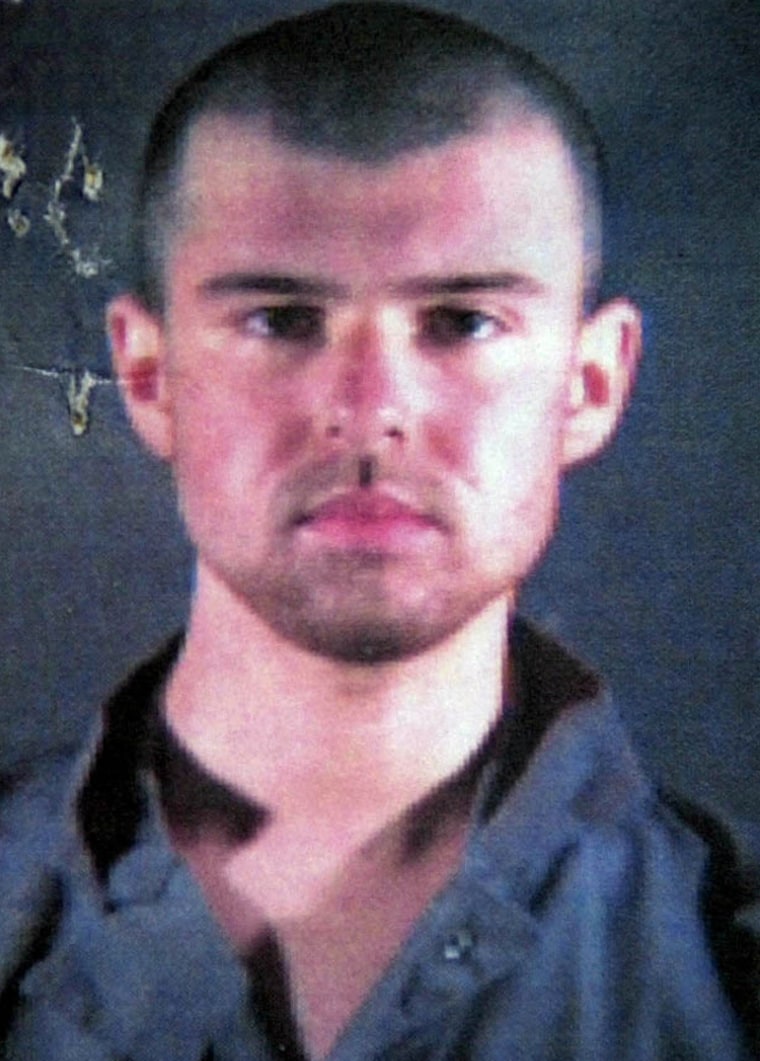Federal prison officials are easing restrictions on American-born Taliban soldier John Walker Lindh, moves that his attorney said Wednesday will allow Lindh to tell his story of fighting against the United States in Afghanistan for the first time.
U.S. Bureau of Prisons spokesman Dean Boyd said the restrictions on Lindh, 28, will expire Friday. He said the current limits Lindh faces are not public and he cannot discuss them.
Although former U.S. Attorney General John Ashcroft first imposed restrictions on Lindh in March 2002, Boyd said they have been modified several times as "the perceived threat of Lindh's communications diminished."
Lindh is serving a 20-year sentence for aiding Afghanistan's now-defunct Taliban government. He was captured in Afghanistan in November 2001 by U.S. forces sent to topple the Taliban after the Sept. 11, 2001 terrorist attacks. He was charged with conspiring to kill Americans and supporting terrorists but pleaded guilty in 2002 to lesser offenses.
Lindh is incarcerated at a medium-security federal prison in Terre Haute, Indiana, about 80 miles west of Indianapolis, with a scheduled release date of May 23, 2019.
Jim Brosnahan, a San Francisco attorney who represents Lindh, said Wednesday that he is pleased the restrictions are being lifted.
Restrictions prevent contacts
Among other things, he said the changes will allow Lindh to contact and meet with people other than his attorneys and relatives. Brosnahan said the current restrictions have prevented Lindh from telling his side of the story of how he ended up aiding Islamic fundamentalists who ran an oppressive Afghan regime.
"I think that as time has gone by people have begun to realize, inside the government and to some extent outside the government, that John was just in the wrong place at the wrong time," Brosnahan said.
Lindh, a convert to Islam, went to Afghanistan to fight for the Taliban against the Northern Alliance, which received U.S. backing. Lindh's father has said his son has been wrongly maligned as a traitor and murderer.
Brosnahan said the prison restrictions Lindh has faced were imposed "for reasons that have nothing to do with the purpose of the statute of restrictions but rather a desire that he not be allowed to speak."
Brosnahan said the government has allowed him, a second attorney, Lindh's parents and a grandmother to meet with him at the prison.
"But otherwise he couldn't talk to anybody. He couldn't talk to people like (reporters) and he couldn't say, `Look, here's what happened,'" Brosnahan said.
Before President George W. Bush left office in January, Lindh's parents and attorneys tried unsuccessfully to persuade Bush to commute Lindh's sentence and set him free.
